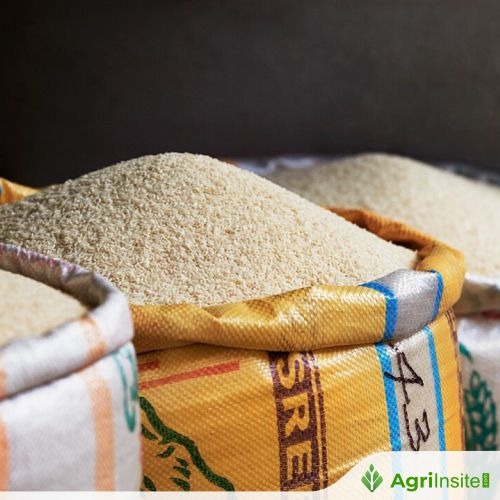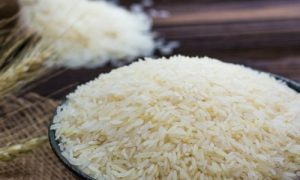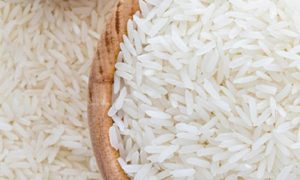Bangladesh : Rice prices defiantly high despite huge imports

Bangladesh’s rice imports surged 2,051% year-on-year to $286.1 million during July–February FY25, driven by crop losses from three major floods. Despite the import spike, retail prices remain high, rising Tk 2–3/kg. Traders cite supply disruptions and delayed government market releases. The government raised Boro procurement prices to Tk 49/kg to support farmers and boost reserves.
Rice imports surged during eight months to February as the government ramped up procurement amid exigencies of crop damage in recurrent floods across Bangladesh, yet prices remained defiantly high.
Market surveys show a quirky rise in retail rice prices in Dhaka and other parts of the country, notwithstanding the import glut and local harvests.
Imports of the staple marked a quantum leap by over 2,051 per cent year on year, costing US$286.1 million, in the July-February period of fiscal year 2024-25, according to latest data from the central bank.
This compares to just $13.3 million in import cost during the same period a year earlier, the Bangladesh Bank statistics reveal.
Officials at the Department of Food told the FE that the government ramped up imports to replenish food reserves and stabilise the market after three spells of severe flooding caused extensive agricultural losses.
“There were three rounds of floods last year, which severely impacted our rice production,” a senior food official said Thursday, requesting anonymity.
“To prevent any potential supply shock or price spike at the retail level, the government strengthened its food stocks by importing large volumes from abroad,” he added.
The most devastating of these floods occurred in August 2024, inundating 11 districts in the eastern region, including Feni, Noakhali, Lakshmipur and Cumilla.
An estimated 5.8 million people were affected, with more than 500,000 displaced, according to disaster-management data.
Despite the substantial increase in supply through imports, retail prices of rice in Dhaka remained elevated since January, rising by Tk 2.0 to Tk 3.0 per kilogramme, depending on the variety.
Of late, prices of finer varieties of rice in particular recorded a sharp rise for reasons that reportedly include big-business play down from the field to wholesale market.
Traders attribute the high prices to alleged supply-chain disruptions and slow market releases from government warehouses, too.
In response, the government has revised upward its food-procurement prices for the upcoming Boro season.
They have mentioned that the procurement from Aman season usually remained lower as the farmers preserve for their own consumption.
The Department of Food has set the procurement price of Boro paddy at Tk 36 per kilogramme, up from Tk 32 last year. Similarly, the rice-procurement price has been fixed at Tk 49 a kg, compared to Tk 45 a year before.
The government plans to buy 350,000 tonnes of Boro paddy and 1.4 million tonnes of rice with a twin objective of bolstering public stockpiles and price support to farmers.
As of March, public food stock stood at around 1.2 million tonnes, including rice and wheat, according to official figures.
The government typically maintains at least 1.0 million tonnes in reserve to support open-market sales (OMS), social-safety-net programmes, and emergency relief efforts.
Economists usually say while the government’s proactive imports have cushioned the impact of domestic crop losses at the cost of hard-earned foreign- exchange reserves, the persistent high retail prices suggest inefficiencies in the distribution system and possible hoarding.
To Read more about Rice News continue reading Agriinsite.com
Source : The Financial Express
















